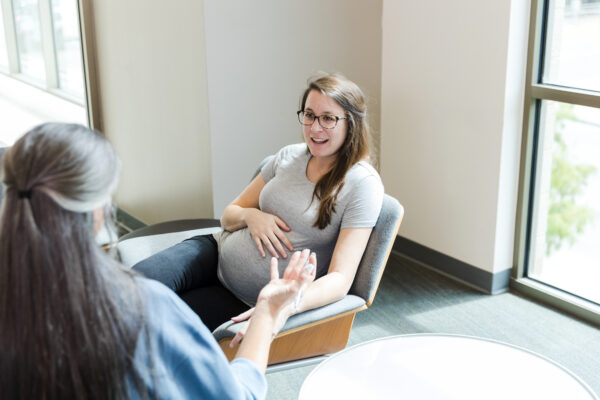

While there is a great deal of focus on academy conversions and growth of multi academy trusts, it should also be kept in mind that the Department for Education has run, and continues to run, a free schools programme. The programme has, to date, allowed 653 free schools to open, including mainstream, special and alternative provision.
Pre-opening – what will the Department for Education expect?
There are two specific points which the Department for Education will need to be satisfied of prior to signing off on a free school. Firstly, it will need to be satisfied that the proposed school has a suitable site which will provide value for money, and secondly that a good standard of education will be provided to a viable and sustainable number of pupils from the outset. In addition, your particular project may be subject to specific conditions, which will be set out in the pre-opening approval letter or communicated to you during the pre-opening phase.
What if you already run a school?
Our education team works with existing MATs opening free schools and so we have been asked what you should expect when you are already successfully running a number of schools. As you may expect, if you already run a school and are looking to open a free school, you should also be conscious that the existing one may impact the approval process for the free school. For example, if concerns are raised about any of your existing schools, or a school becomes subject to a notice to improve, the approval of the new free school project may be jeopardised. Similarly, the project may be cancelled if Ofsted judges one of your existing schools as Requiring Improvement or Inadequate. If you have taken on a failing school, however, to sponsor then that would obviously be perceived in a different light.
Will the free school process be different for different types of school?
Whilst the Department for Education’s guidance is applicable to mainstream, special and alternative provision free schools, some of the requirements throughout the pre-opening phase may differ. For instance, admission arrangements may differ between a mainstream free school and an alternative provision free school. You should also keep in mind that there is a presumption that any primary or all-through free school will include a nursery.
Can we apply at any time?
The Department for Education generally opens free schools in ‘waves’. Currently, the Department for Education is in wave 15 of the free school programme, which aims to approve up to 15 new mainstream free schools with a focus on areas where there is a clear demographic need for additional school places. However, it is possible to apply outside of these waves by contacting the Department for Education and seeking support.
Can an independent school convert to a free school?
With the current economic climate, independent schools facing challenges may consider, amongst other options, converting to a free school. The process to do so is akin to the process for opening other free schools, in that the DfE must consider that there exists a suitable site which will demonstrate value for money, and agree that a good standard of education will be provided – which would obviously be easier to evidence.
The Department for Education’s current focus of wave 15 is for applicants to demonstrate a ‘clear demographic need’ for a high proportion of the additional places which will be created. Independent schools that wish to convert to a free school should contact the Department for Education to discuss converting outside of the current wave. We can provide support with the process.
Practical steps
Opening a free school can help to ensure that strong educational provision is available to all children in a local area. However, there are some practical steps which you should take to avoid common pitfalls and ensure that the opening of your free school is a success:
- Where needed, recruit a high-quality principal early enough to support the development of the school, including in developing policies;
- Appoint a suitably skilled chair of trustees well ahead of the school opening; and
- Engage early with the DfE to explore the options and timelines, particularly if your school is seeking to open outside of an established wave.










